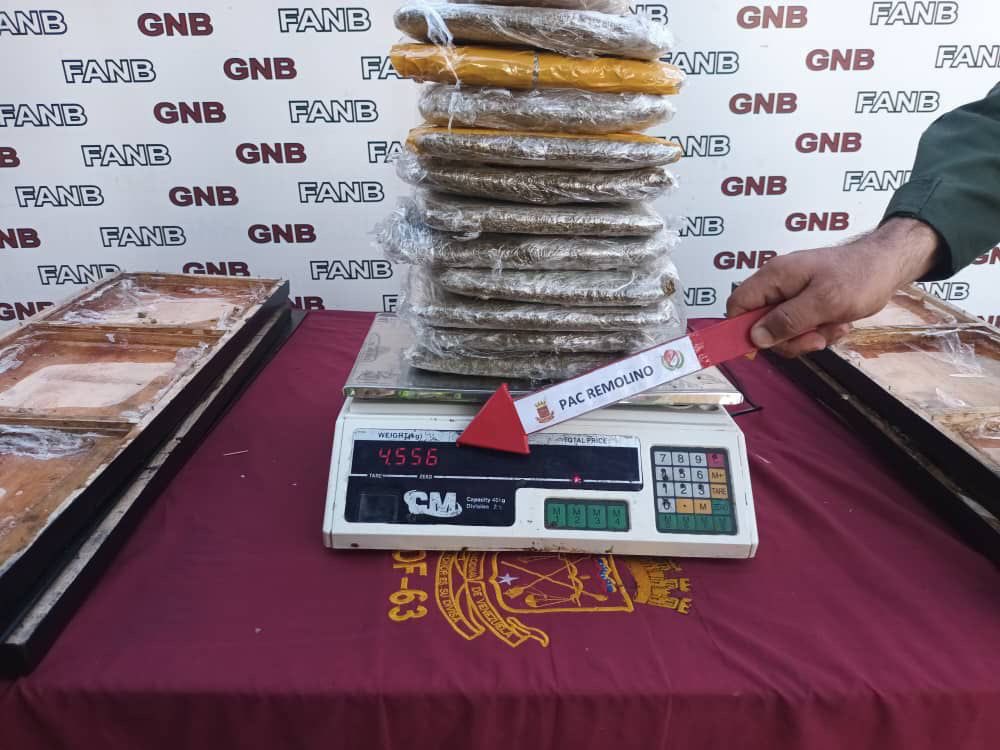The YPF company increased the prices of its fuels by an average of 4 percent throughout the country since midnight, as can be seen from the agreement that the oil companies closed with the national government a week ago when they joined the Fair Prices program.
Thus, the current reference prices at the YPF stations in the City of Buenos Aires became from this December 4, 150.90 pesos for super gasoline; 185.70 pesos for premium gasoline; 162.10 pesos for diesel and 222 pesos for premium diesel.
The company reported this Saturday night that it will continue to make its “greatest productive and logistical efforts to sustain the supply of the national market in a context of sustained historical records of seasonal demand.”
The 4% increase announced by the company, which has a 58% market share, had already been agreed upon when the oil companies agreed to incorporate fuels into the Fair Price scheme.
Last Monday, the directors of the main oil companies in the market met with the Minister of EconomySergio Massa, and agreed on a price path from December with an increase of 4%, another 4% in January, 4% in February and 3.8% in March.
“The objective is to continue building a path in which all sectors contribute to significantly lower inflation, which is the main drama in Argentina,” said the minister after the meeting, so that tomorrow will be the last increase of 2022 in service stations.
The price commitment It also includes the brands Shell -whose license in the country is from Raizen-, Axion from Pan American Energy, and Puma from the global trader Trafigura.
Market sources explained that the accumulated devaluation since the last fuel increase registered on November 3 was 6.0%, exceeding the fuel adjustment to be applied in December by 2 percentage points.
For its part, since the last fuel adjustment, the price of biodiesel rose +14.4%, and in the last 12 months, the cumulative price increase of gasoline is approximately 58% and diesel oil 80%.
It was also pointed out that a very significant difference in fuel prices with neighboring countries continues to be registered, which promotes the output of gasoline and diesel to those markets and drives consumption by foreign patented vehicles.
This generates a significant increase in the demand for fuels, which in the provinces of Misiones and Formosa exceed the figures for 2019 by 24%.

















